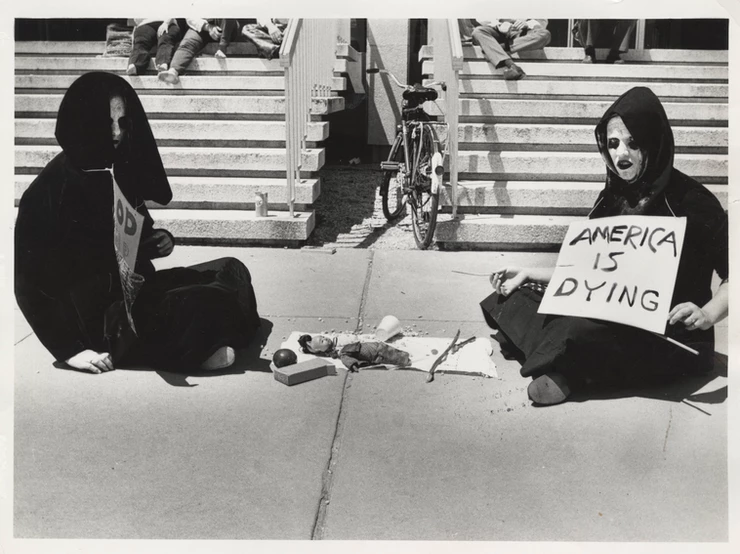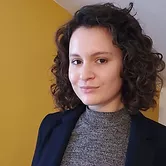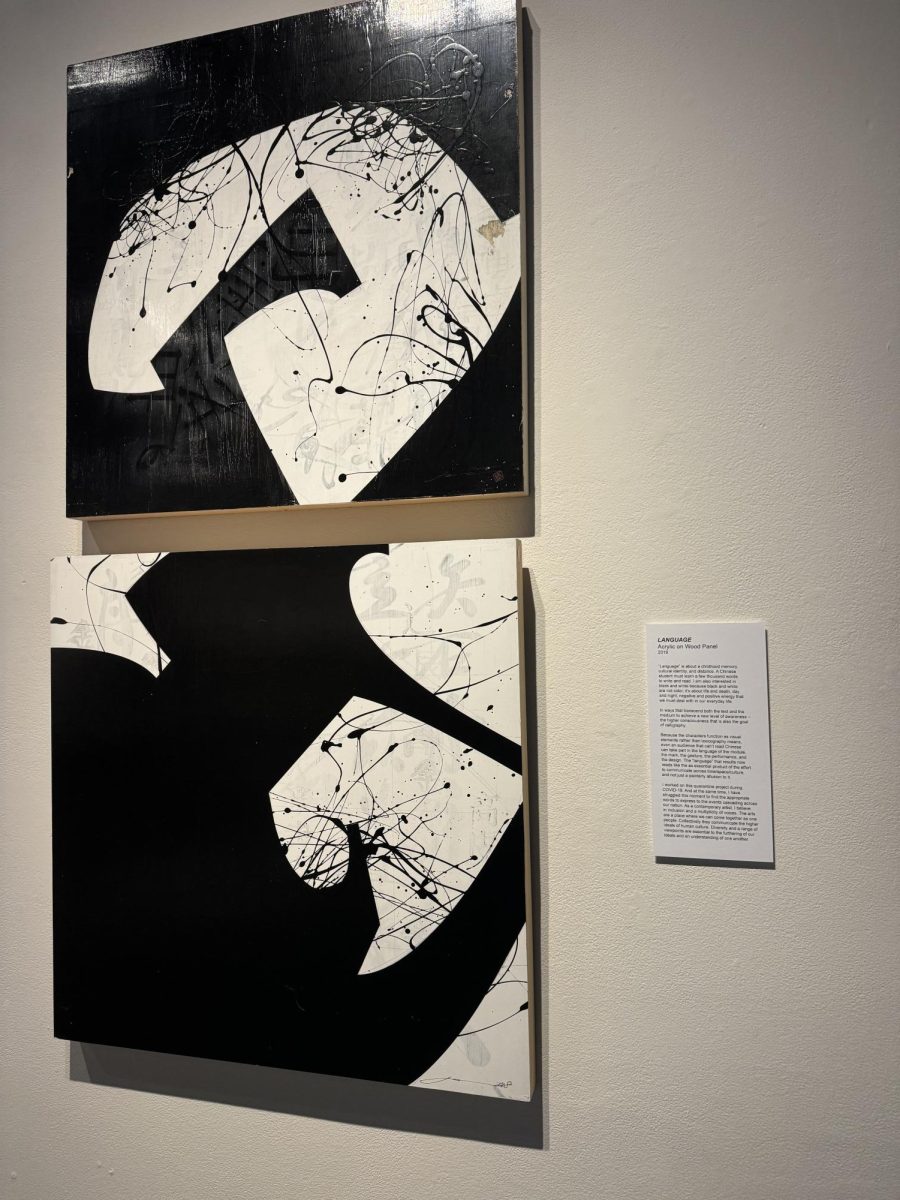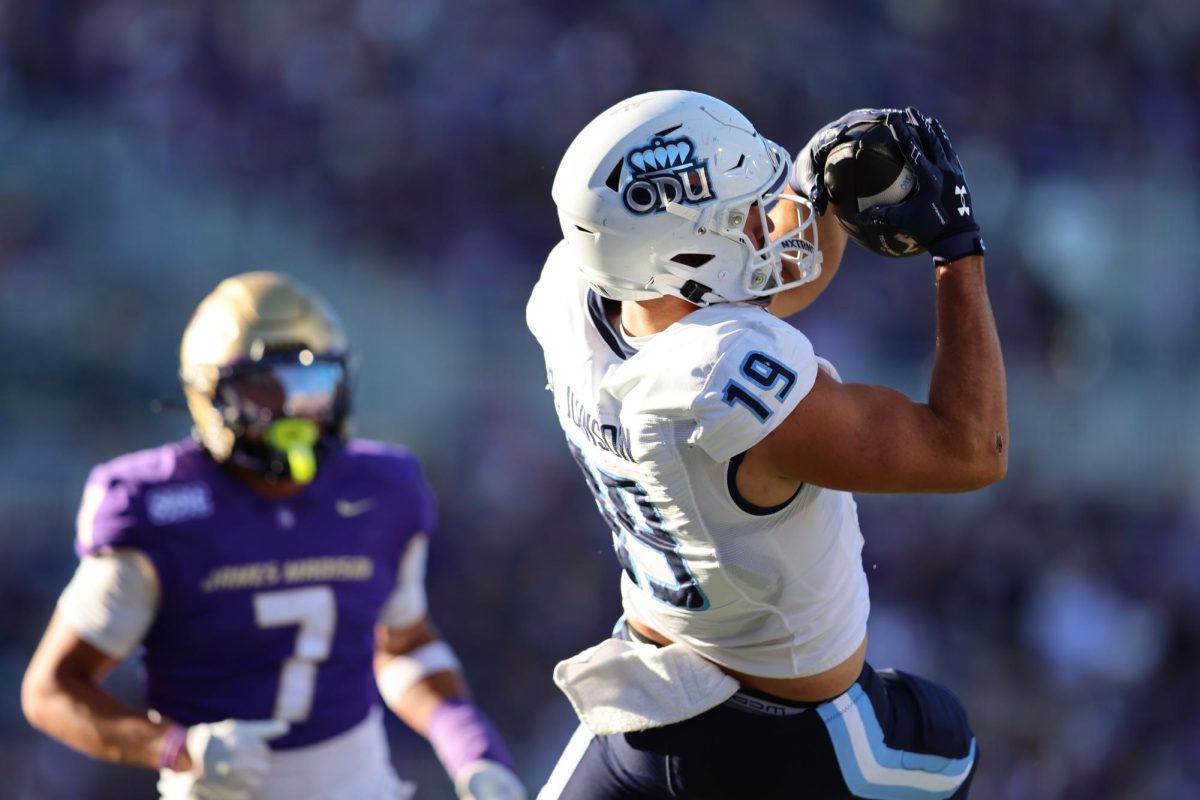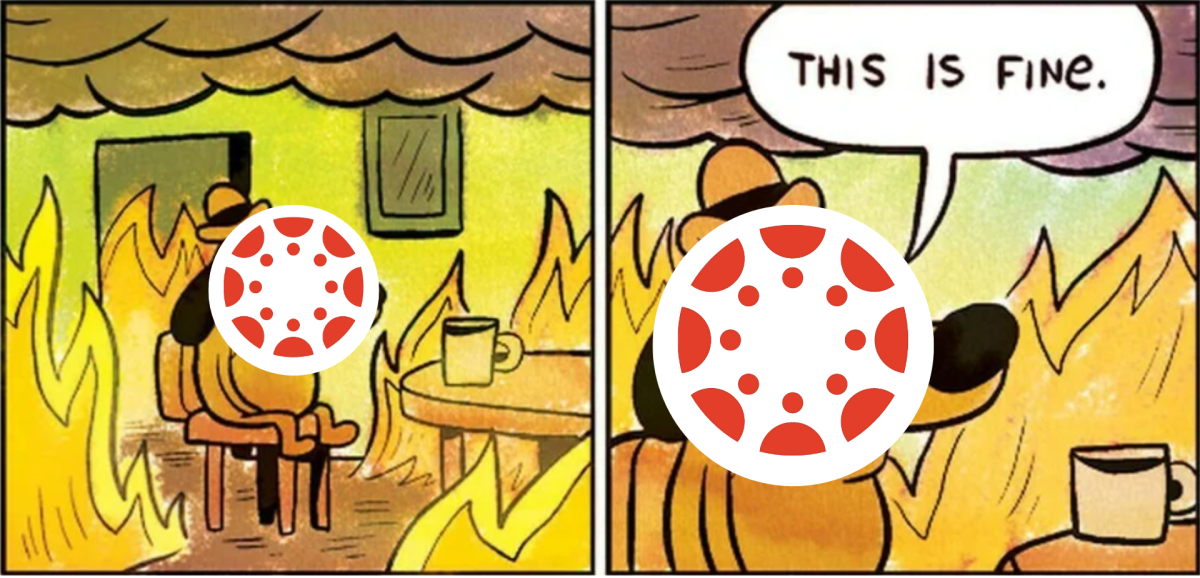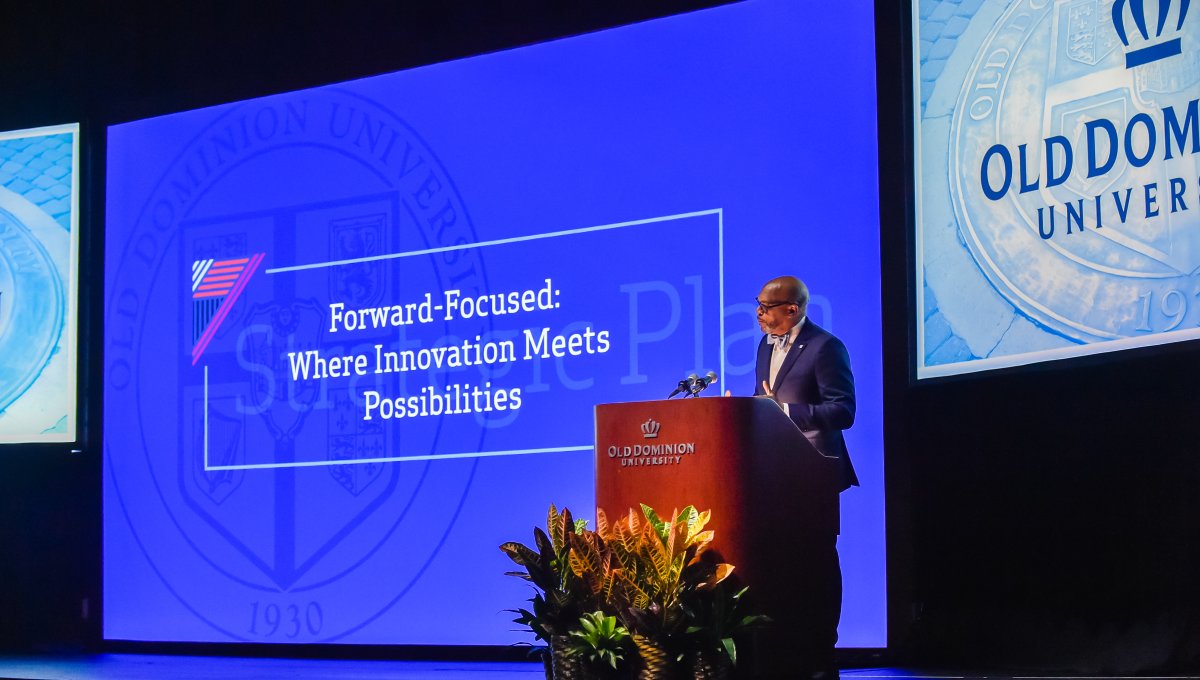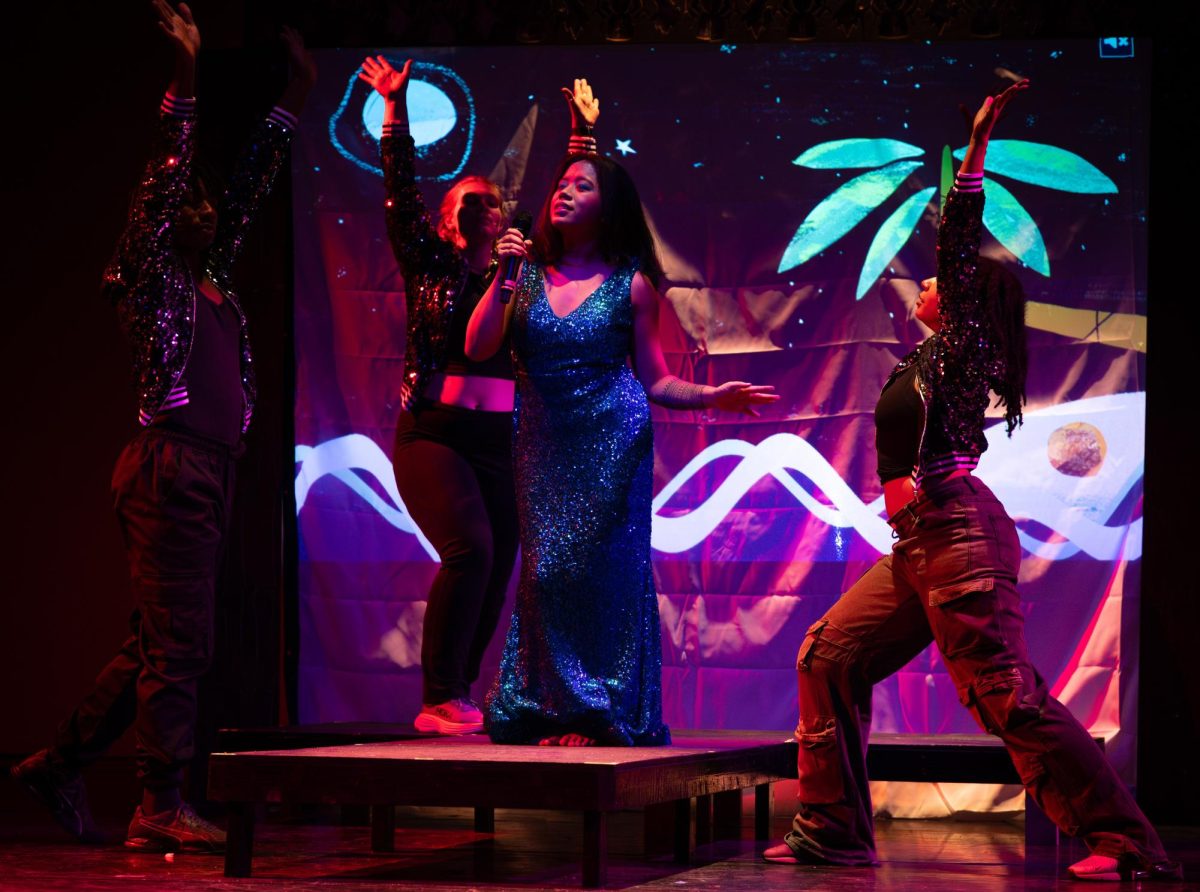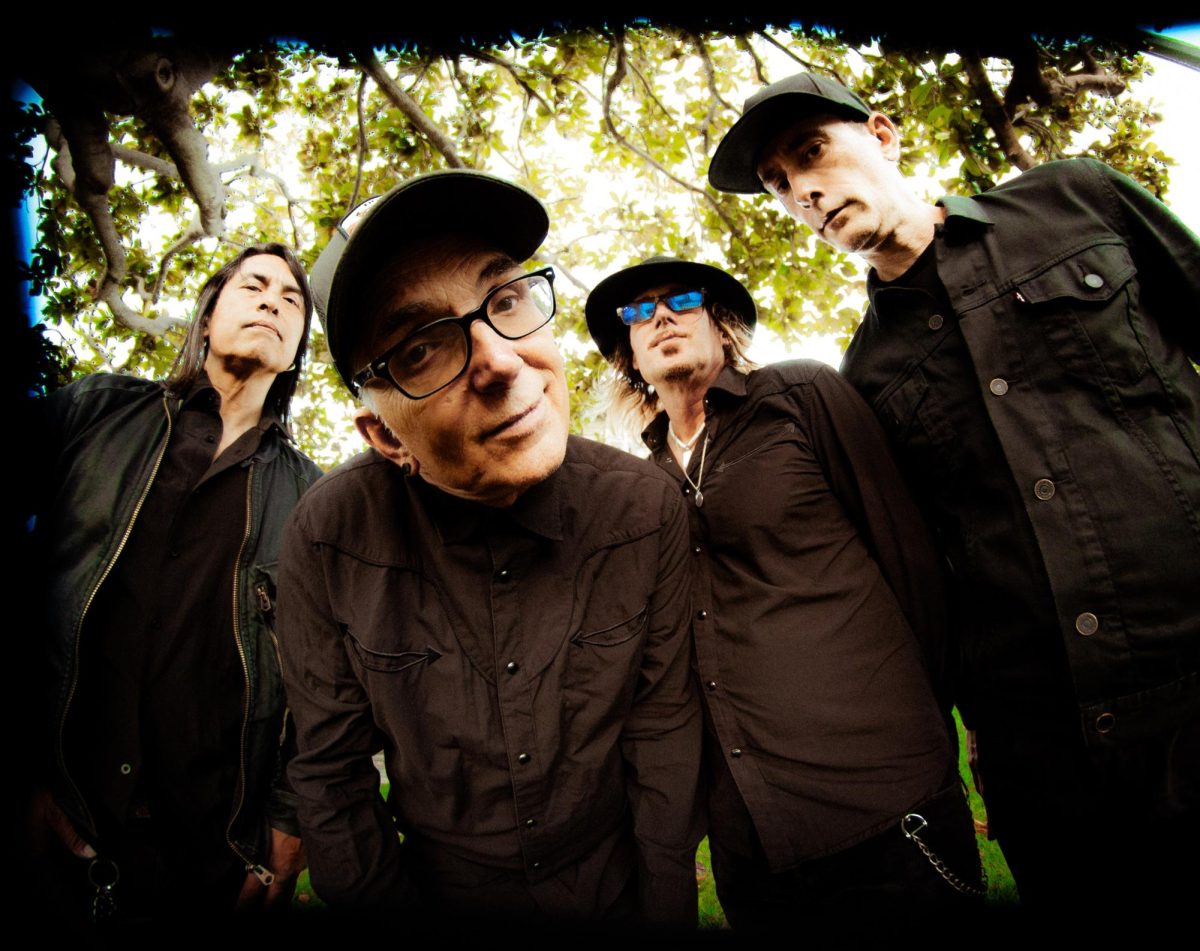Politics On Campus: After the Gubernatorial Election
December 20, 2021
Originally published November 8, 2021.
Republican Glenn Youngkin won the Virginia gubernatorial election by a close margin (50.9 percent voted for Youngkin, 48.4 percent voted for Mcauliffe) this Nov. 2, flipping a state that has previously voted blue since 2009. According to the Governor electee’s website, Youngkin is a Virginian native who has earned his MBA at Harvard Business School before starting his job as a private equity executive with The Carlyle Group, a global investment firm. After 25 years with Carlyle, Youngkin entered politics, running on a platform promising Virginian’s better-paying jobs, relieving the burden of inflation and taxes, and fixing the DMV and Virginia Employment Commission amongst other initiatives.
According to Reuters, polls leading up to the election showed Youngkin closing the gap between him and McAuliffe. This is due to Youngkin’s appeal to independent voters who felt alienated in 2020 by Trump-style politics but were drawn to Youngkin’s home roots approach. This is despite McAuliffe’s campaign consistently comparing Youngkin to Trump throughout the election process.
In an anonymous survey performed by the Mace & Crown via Google Forms, we asked ODU students what their reaction was to Youngkin’s win.
“I wasn’t surprised at the results,” one student weighed in, “I didn’t want Glenn Youngkin to win the race personally but knowing that the Dems have been mismanaging situations that have occurred within the past few months, I think that really pulled a final straw for most people.”
While this student had a thoughtful, carefully weighed response, others were more aloof.
“I didn’t check, tbh,” said one, with another student surmising their reaction as simple as, “IDK.”
“What I have noticed at ODU is that, over the years, there is a certain degree of political apathy.” Said Peter Adams, a professor in the English department. “I don’t see a multiplicity of political organizations, student political organizations, I don’t see a lot of political activism on the campus.”
Adams shared that when he was in college, during the Vietnam war, it was very different. He finds the current political climate on campus ‘disturbing.’

“I would think in this day and age, where we do have serious political discussion in the media and amongst ourselves, that we don’t see that kind of political activity here on campus.” Adams attributed the lack of political activism to additional stressors students may feel; about school work, student debt, and job prospects. “I think students today process [politics] differently, I think they react to it differently.”
However, Adams did share that he believes students are doing their due diligence here on campus and hitting the polls on Election Day. While Virginia did see an increase in voters in the most recent gubernatorial election, mirroring a similar increase in Virginia’s most recent primary election turnout, students surveyed showed varying accounts.
While 48.8 percent of students surveyed did say they cast their ballots on Nov. 2, 39 percent did not, and 12.2 percent preferred not to say. With a number so close to 50 percent of those possibly not doing as Adams believed, the evidence of ‘political apathy’ becomes more clear.
One student surveyed said their reaction to the election outcome was:
“Ok cool, what election was this again?”
This isn’t to say that there isn’t any political activism on campus. Adams nodded towards the ODU chapter of Turning Point USA, a non-profit student movement organization founded in 2012 by Charlie Kirk, a popular conservative radio host, and entrepreneur.
“[The ODU Turning Point USA] really is the only really active political group that I see on campus,” Adams said, “And I applaud them for that. I applaud them for being out there. Because they’re doing something. Because they are trying to get students to think.”
The ODU Turning Point USA did not respond to the Mace & Crowns request for an interview, but when asked if students felt that their political views were represented fairly on campus, a few students weighed in.

“I wouldn’t say my political views aren’t fully represented poorly on campus, I would say the conservatives do market themselves much more/ better on campus.” This student continued, ”I feel that [our] campus is more left-leaning when you actually talk to people.”
This student may be correct. Of all students surveyed, 68.3 percent did feel their political views were represented fairly on campus. With 48.8 percent identifying as Democrat, only 7.3 percent identified as Republican. The rest of the 22 percent preferred not to say, and the rest of the results ranged from responses such as “Monarchist” to “Democratic Socialists.”
However, this still left some students feeling moved enough to respond in all caps that their election reaction was:
“SHOCKED, BUT NOT AT THE SAME TIME BECAUSE OUR GENERATION IS VERY UNEDUCATED AND DOESN’T THINK IT IS SMART TO VOTE.”
Another change in politics since Adams’ time on campus is the entry of the internet into political discourse spaces. While most students felt their political views on campus are represented fairly, despite the election results, it was worth looking into if their political leanings were portrayed differently at all by the added benefit of internet anonymity.
The Mace & Crown student survey found that most students do not represent their politics differently online than in person. In fact, 70.7 percent of students polled said that they are the same politically on and offline.
As for the 29.3 percent of students who did feel that they represented themselves differently, one student said that they do not portray their beliefs online at all because “I feel that online there is no swaying an opinion, most will just hold their ground”.
According to Pew research, this is true, with only 23 percent of social media users being swayed in their political beliefs by social media posts, as of 2020. Furthermore, only 17 percent of adults overall reported having had their beliefs changed by social media.
Another student said, “I’m kind of scared of the online woke police lol”.
“Woke” is a common phrase used to describe socially left-leaning people and activists. This suggests that some students may be afraid to reveal their political beliefs for fear of ostracism.
Despite the electoral results being the opposite of popular opinion on campus, the survey data does disprove the popular conservative hot topic claim that college campuses are ‘Liberal indoctrination sites.’ Students are capable of holding steadfast to their political views.
“I think it’s up to the student to make that decision on what they feel is the right course for this country.” Says Adams, stating he is here at ODU simply to prepare students for graduation and careers after college.
However, Adams would like to see some change on campus, “One thing I’d like to see on campus, I’d like to see more outside speakers come in.” Adams would like to see speakers ranging across the ideological spectrum, believing this would spark something that is vitally important and currently missing from ODU: debate.

ODU is no stranger to political guests on campus. In 2000 George Bush Sr. visited the campus as part of his son’s campaign trail, reminding students of a previous visit back in 1989 when the president visited prior, sparking some protests from students who wanted to ensure their voices were heard. Like Adams’ college campus, ODU is also no stranger to protest, having witnessed their own protest against the draft in 1971, according to campus archives.
This being said, it is apparent that the campus is radically different now. As Adams believes, students are processing politics differently. This could unfold in all sorts of ways for the future of America. However, it should be noted that the Mace & Crown did not survey the 60 percent of ODU student body needed for the data collected to be 100 percent accurate. Out of the 24,286 students currently enrolled on campus, we only had the chance to hear from 41. However, a representation of students’ views and a wide array of students’ voices were heard and taken into consideration while collecting our data.
Students like this one, who understands the value of voices being heard and understood, urges, “I am not afraid to speak my mind politically. People really need to be involved and aware of how legislatures are making decisions for our state. Instead of focusing just on the federal level, focus on state and local levels of how the laws and policies are being made. In this way, when we are aware of how state policies are being made, officials [will] want to listen to us.”



